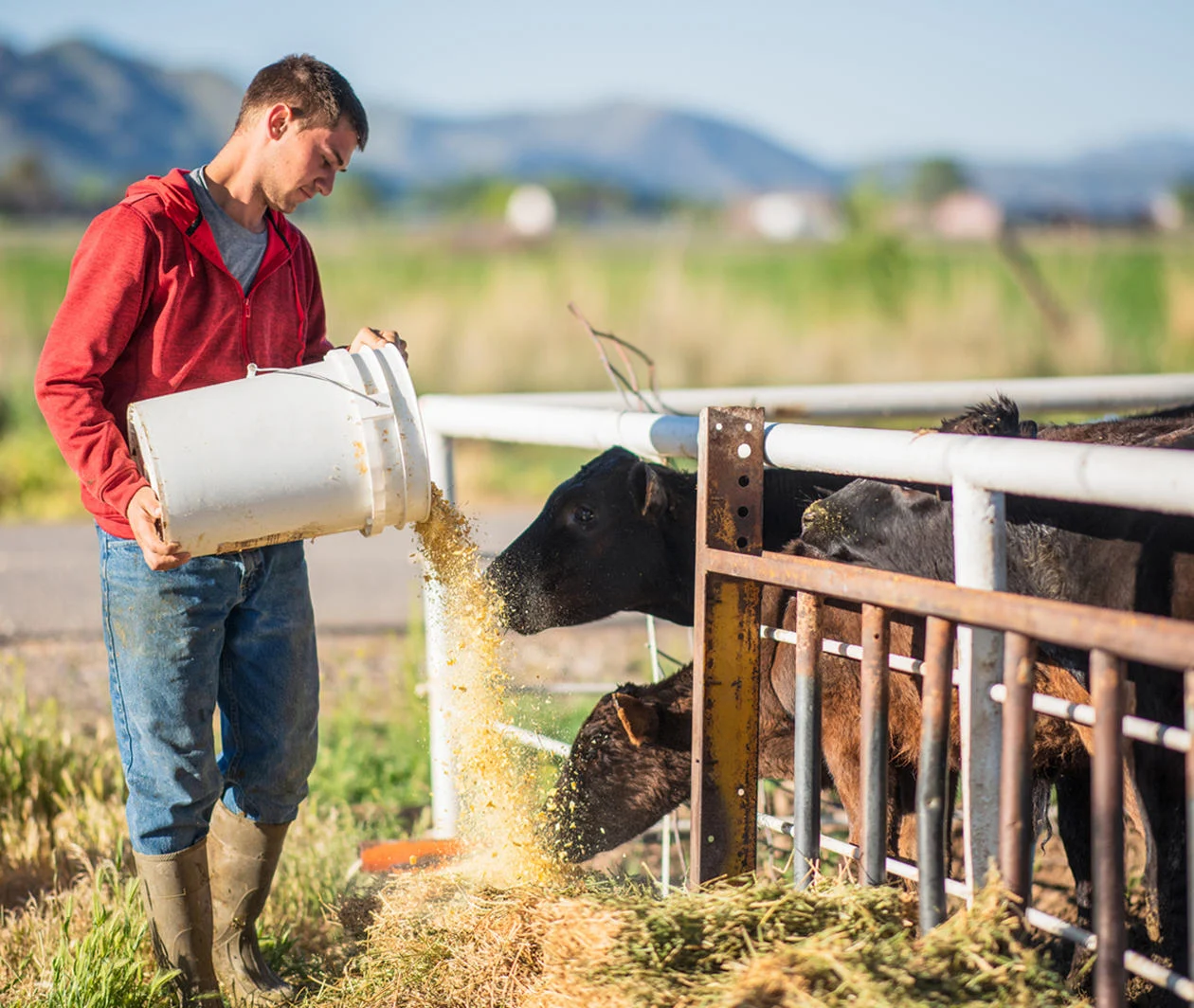



Article by: Hari Yellina
The European Union has approved the sale of a dairy cow feed supplement that reduces methane emissions. The addition of the feed additive to the EU registration, which is expected in the coming weeks, will be the first time a feed additive approved for environmental benefits in the EU can be commercialised. The new inclusion, known as Bovaer, was created by Royal DSM, a multinational health and nutrition firm based in the Netherlands, over the last decade. Over 50 peer-reviewed researches have been published in independent scientific publications, and 48 on-farm experiments have been conducted in 14 countries across four continents.
DSM has started engineering work on a large-scale Bovaer plant at its Dalry, Scotland, manufacturing facility. “Bovaer has the potential to truly transform the global dairy industry,” said Geraldine Matchett, co-CEO of DSM. “We are ecstatic that its promise has been recognised with this historic market approval, following a decade of research, trials, and value-chain collaboration.” According to studies, a quarter-teaspoon of Bovaer per cow per day decreases intestinal methane emissions by 30% in dairy cows and up to 90% in beef cows. Methane has a 28-fold larger global warming potential than carbon dioxide, which is why limiting methane emissions was selected at COP26 as one of the most important short-term climate solutions.
As part of the Global Methane Pledge, more than 100 governments committed to reducing methane emissions by 30% by 2030. The new feed additive was safe for use without affecting the quality of dairy products, according to the European Commission’s confirmation of authorisation, and it was the first of its kind to be available in the EU. “Innovation is critical for a successful transition to a more sustainable food system,” said Stella Kyriakides, EU Commissioner for Health and Food Safety. While adapting to new technology that can make food production more sustainable, the EU continues to lead the way in ensuring food safety. “Cutting farming-related methane emissions is critical in our battle against climate change, and today’s approval is a great example of what new agricultural technology can achieve.”